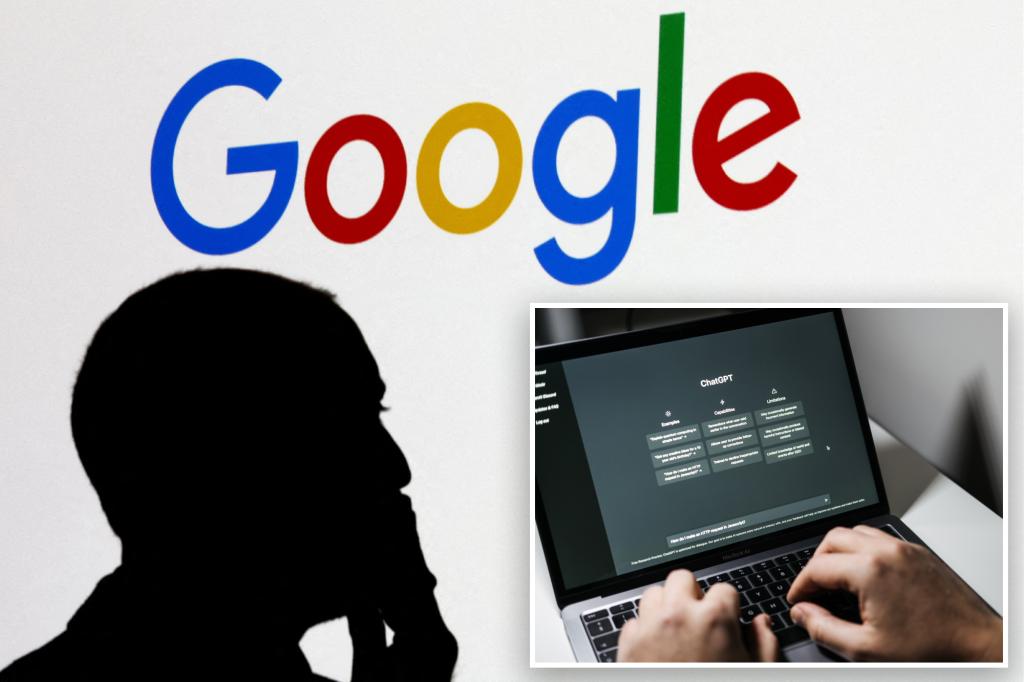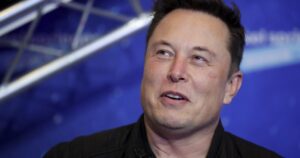Publishers Warn in Sharp Editorial That AI Proposals by Google and OpenAI Seek ‘License to Steal’

Big Tech’s Push for AI and Copyright Concerns
The Controversy
Recently, major technology companies such as Google and OpenAI, the organization behind ChatGPT, have been accused of seeking a “license to steal.” These tech giants are advocating for changes in copyright laws that would allow them to use copyrighted materials freely while developing artificial intelligence (AI) models. This claim comes from prominent newspapers owned by Alden Global Capital, including the New York Daily News and the Chicago Tribune, which published an editorial urging the government to reject proposals that could potentially harm the news industry.
Implications for Copyright Protections
The editorial from Alden’s newspapers emphasized the potential risks that weakening copyright protections could pose. It argued that diminishing these protections would adversely affect not just news organizations but all forms of creative expression, including literature, theater, and poetry. The piece pointed out that protecting the rights of content creators is essential for maintaining a robust cultural landscape in the U.S., highlighting that the country’s commitment to intellectual property rights sets it apart from nations with looser regulations, such as China.
The Arguments from Big Tech
In recent communications with the Trump administration, Google and OpenAI argued that loosening copyright laws is essential for national security and for ensuring the U.S. maintains its lead in the global AI landscape. They contended that existing copyright rules hinder their ability to innovate, claiming that revisions would facilitate their work while ensuring they remain competitive with foreign companies, including those in China.
Hollywood’s Response
The push from Big Tech has sparked a backlash from over 400 creatives in the film and television industries, including notable actors like Mark Ruffalo and Olivia Wilde. These individuals sent a letter to the White House, insisting that the U.S. must preserve its copyright protections. They articulated that allowing AI firms to undermine existing copyrights would weaken the creative sectors of the economy that contribute significantly to national and cultural identity.
Government Action and Industry Pushback
The proposals from tech companies were submitted in response to the Trump administration’s call for “action plans” aimed at shaping future AI regulations. OpenAI directly linked its arguments for adjusting copyright law to national security issues, suggesting that without changes, the U.S. risks falling behind in AI development. They suggested that a balance could be struck wherein AI models could learn from copyrighted content while also respecting creators’ rights.
On the other side, Google proposed creating “balanced copyright rules” that would permit AI businesses to utilize protected content for training without severely impacting the rights of original content creators. This approach aims to reduce unpredictable and lengthy negotiations over data usage during the development of AI models.
Concerns from Intellectual Property Advocates
Organizations like the News Media Alliance, a group that represents over 2,200 publishers, have also voiced concerns. They argue that failing to protect copyrighted materials could lead to devastating financial consequences for publishers who are already struggling. The alliance highlighted that copyright-driven industries contribute significantly to the U.S. economy, pointing out a contribution of $2.09 trillion to the GDP, amounting to nearly 8% of the national economy.
The News Media Alliance critiques the argument that U.S. AI development must compromise on copyright norms to be competitive. They argue that such a stance misrepresents the capacity of American AI to thrive without resorting to copyright infringement, which is more commonly associated with practices in countries like China.
Ongoing Legal Battles
Several newspapers under Alden Global Capital have already initiated legal proceedings against OpenAI and its backer Microsoft for reportedly breaching copyright laws. The New York Times is also joining the legal fray with similar claims against ChatGPT. In contrast, News Corp, which owns The Post and the Wall Street Journal, is pursuing a more collaborative approach. The CEO of News Corp, Robert Thomson, previously indicated a preference for negotiating rather than litigating, reflecting a desire to establish mutually beneficial arrangements rather than fighting in the courtroom.
Through these developments, the debate surrounding AI, copyright protections, and the role of big tech in content creation continues to evolve, indicating a complex intersection of technology, law, and creativity in today’s digital age.




